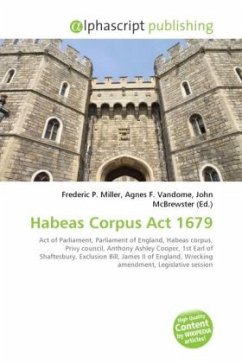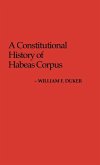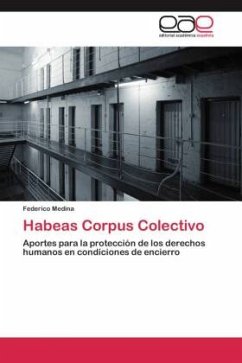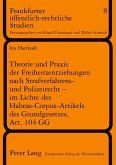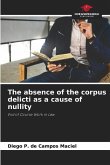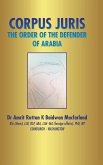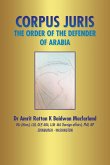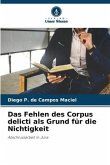The Habeas Corpus Act 1679 is an Act of the Parliament of England (31 Cha. 2 c. 2) passed during the reign of King Charles II to define and strengthen the ancient prerogative writ of habeas corpus, whereby persons unlawfully detained cannot be ordered to be prosecuted before a court of law. The Act is often wrongly described as the origin of the writ of habeas corpus, which had existed for at least three centuries before. The Act of 1679 followed an earlier act of 1640, which established that the command of the King or the Privy Council was no answer to a petition of habeas corpus. Further Habeas Corpus Acts were passed by the British Parliament in 1803, 1804, 1816 and 1862, but it is the Act of 1679 which is remembered as one of the most important statutes in English constitutional history. Though amended, it remains on the statute book to this day. The Act came about because the Earl of Shaftesbury encouraged his friends in the Commons to introduce the Bill where it passed and was then sent up the Lords.
Bitte wählen Sie Ihr Anliegen aus.
Rechnungen
Retourenschein anfordern
Bestellstatus
Storno

